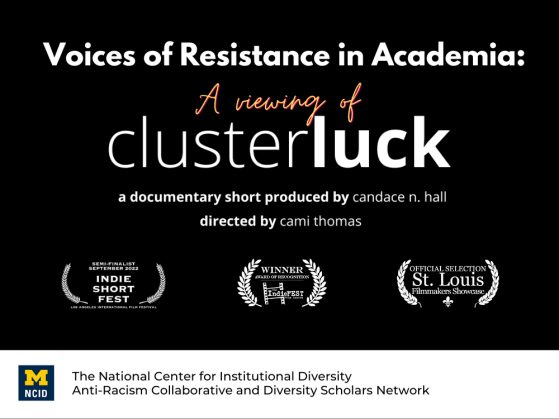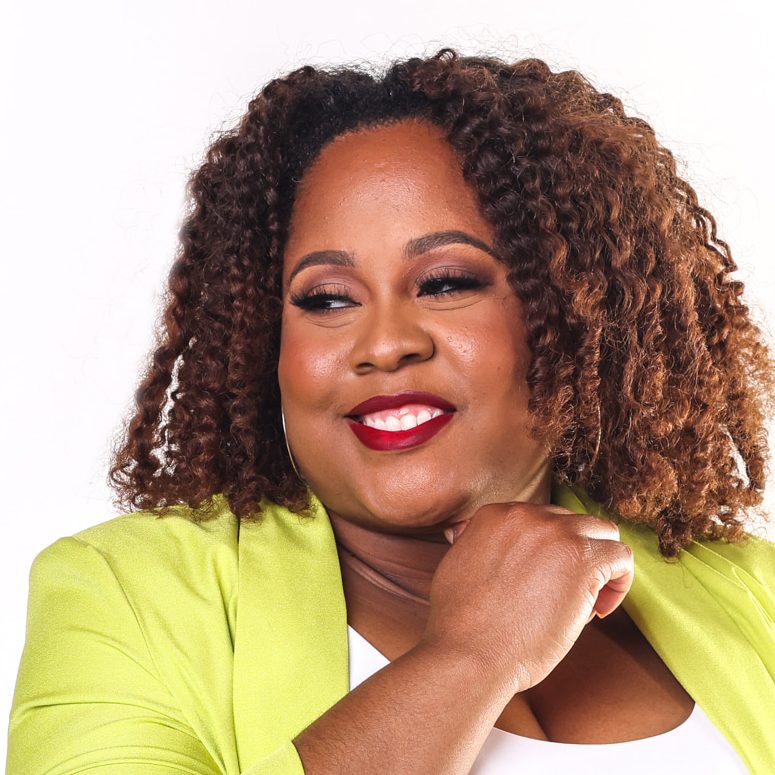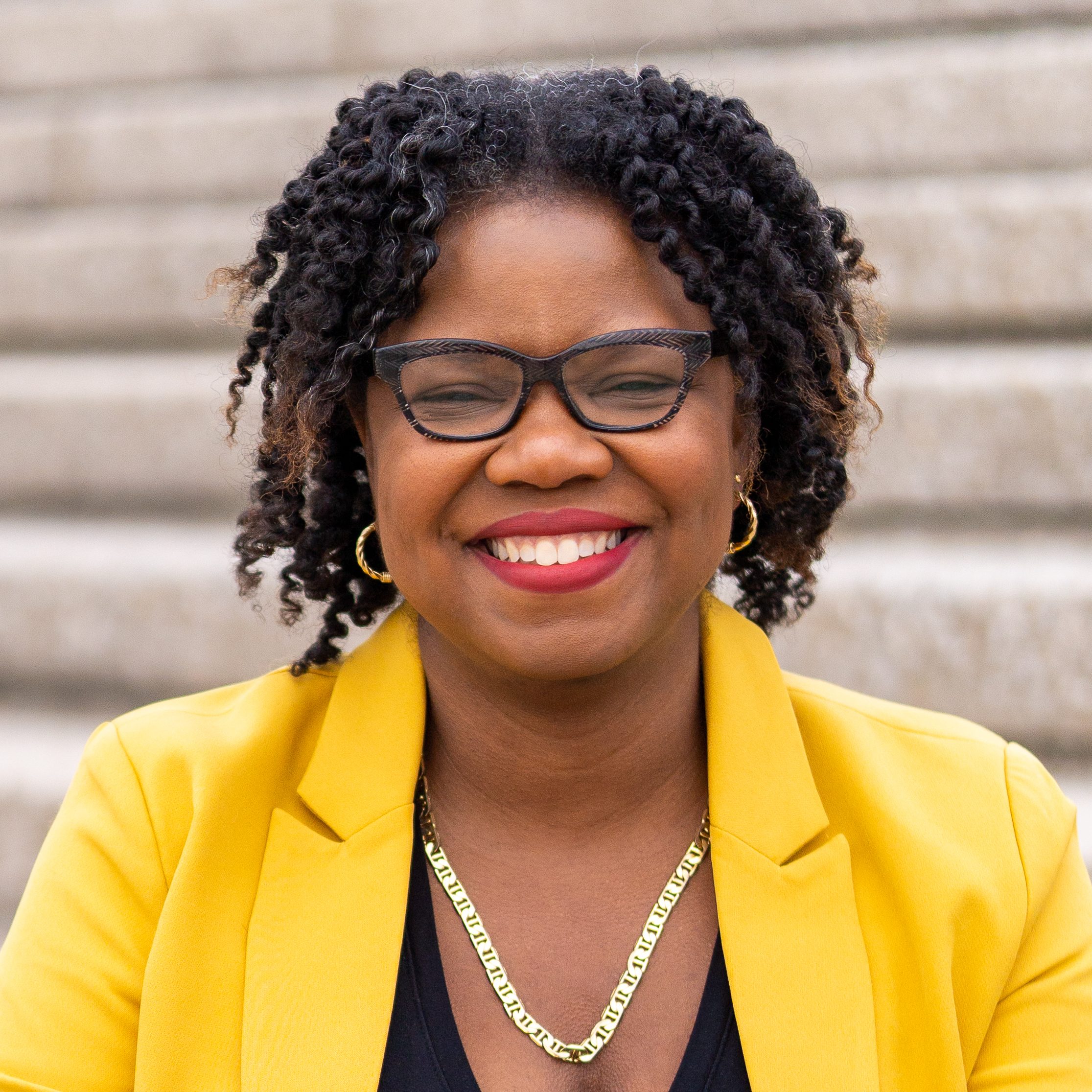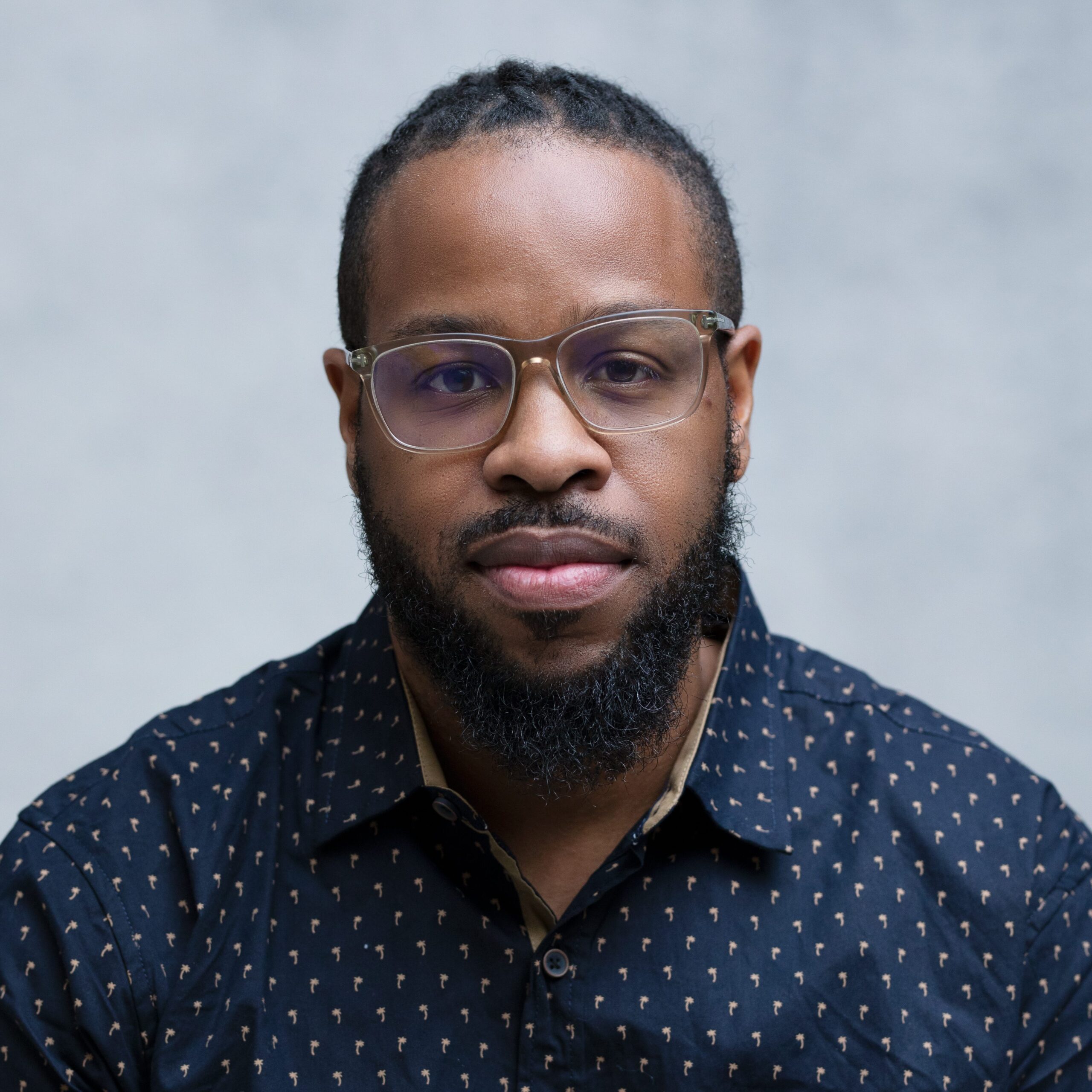
LSA welcomes sixth cohort of LSA Collegiate Fellows
October 18, 2023
Envisioning Institutional Responses to Supporting Scholar Safety
November 2, 2023Discussion Resources
- National Center for Institutional Diversity
- Anti-Racism Collaborative

According to The Education Trust (2022), the US population is becoming more diverse while university faculty remain overwhelmingly white. In fact, of the 1.5 million faculty at degree-granting postsecondary institutions assessed in the Fall 2020, 73% of faculty were white; specifically 35 percent white female and 38 percent white male (National Center for Educational Statistics, 2021). This phenomenon remains consistent when considered in relation to college student populations (Davis & Fry, 2019).
College students, especially those from minoritized backgrounds, have expressed a need for diversity in their faculty. More diverse faculty may allow these students to be “seen”, heard, and understood, which can have a positive impact on their retention and graduation rates (Curry, 2020). In addition, white students who interact with diverse faculty are more likely to develop deeper cross-cultural and critical-thinking skills and greater levels of empathy, which are essential for success in today’s multicultural and multiracial world (The Education Trust, 2022).
There is a clear need to actively work to diversify the professoriate as the the benefits of a more diverse faculty population are comprehensive among college students.
The NCID, in co-sponsorship with the Anti-Racism Collaborative and the Center for the Study of Higher and Postsecondary Education, and as a part of the 2023 Arts & Resistance Theme Semester Grant through the U-M Museum of Art and the U-M Arts Initiative, is proud to present Voices of Resistance in Academia: A viewing of the film Clusterluck. This award winning documentary highlights the journey of faculty participating in a cluster hire initiative. By exploring the journey of these faculty members as they traverse academia, we hope to offer information on how to create effective initiatives designed to diversify faculty and improve the educational experience of college student populations.
Speakers

Dr. Candace N. Hall
Dr. Candace N. Hall (she/her/hers) is a creative academic in higher education and student affairs. Her research interests include the recruitment, retention, and support of Black faculty at historically white institutions. Hall aims to show the possibility of Black joy in the academy in hopes that more people will invest in spaces where Black faculty can authentically experience joy, hope, and community. Her recent project Clusterluck, a documentary short, highlights the experiences of a group of Black faculty within a department at a historically white institution. This short film unpacks what community means and what it looks like for Black scholars to have supportive communities within their departments at their institutions. Hall earned her doctorate in education in higher education leadership at Maryville University, a master's of arts in communication arts in the School of Education at Webster University, and a bachelor of arts in English from the University of Missouri-St. Louis. Hall is an assistant professor of educational leadership at Southern Illinois University Edwardsville.
Dr. Cherese F. Fine
Dr. Cherese F. Fine is an assistant professor in educational leadership at Southern Illinois University Edwardsville. Dr. Fine has over 17 years of higher education experience as a scholar and educator dedicated to advancing diversity, equity, and inclusion through college access and readiness, retention, and success among minoritized student populations. Her scholarship focuses on the experiences of Black college students and the organizational and socio-cultural aspects of intercollegiate athletics.


J.T. Snipes
J.T. Snipes, PhD is an assistant professor of educational leadership at Southern Illinois University at Edwardsville. Prior to his faculty appointment, he worked for over 15 years in higher education administration. Currently, his research interest focuses on religion and spirituality in higher education, African American collegiate students, and critical race theory in education. His research can be found in the Journal of College Student Development, International Journal of Qualitative Studies in Education, and the Journal of Diversity in Higher Education. His latest edited volume, Remixed and Reimagined: Innovations in Religion, Spirituality, and (Inter)Faith in Higher Education, invites readers to rethink religious scholarship and practice in higher education and student affairs.
